Wellness through acupuncture, which has its origins as part of Traditional Chinese Medicine (TCM), is primarily known as a means of pain management. The treatment consists of the insertion of fine and sterilized needles at certain locations on the body for the purpose of healing and promoting wellness. Many recent developments have made acupuncture quite popular among medical practitioners, particularly in the area of pain management.
Here Are Some key Ways Acupuncture Benefits Your Health, Supported by Expert Insights
1. Pain management
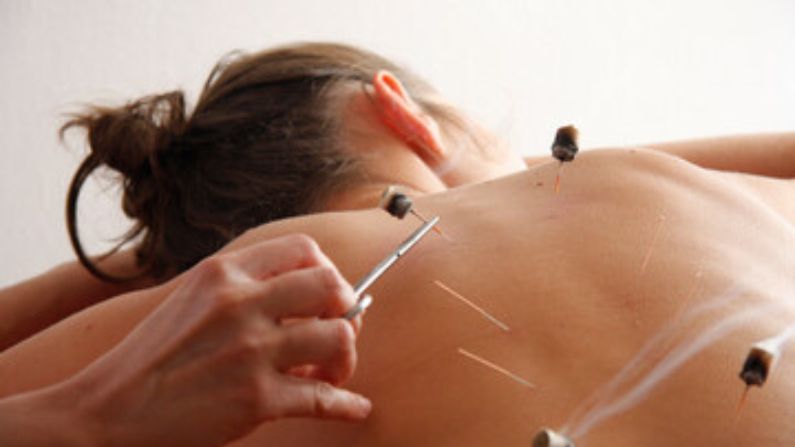
Acupuncture is most widely recognized for its effectiveness in pain relief. It is effective in treating chronic pain, headache, menstrual pains or migraine and joint related problems.
- Endorphin release: Whenever the acupuncture needles pierce the skin, endorphins are released as the body’s natural pain relievers.
- How it works: Stress or pain regulates the mechanism that produces endorphins in the human body thus relieving pain and contributing to overall wellness. These endorphins bind with certain receptors in the brain that are responsible for feeling pain and cuts the pain perception that the individual has, often resulting in an elevated feeling which enhances a person’s mood and well-being.
- Neurotransmitter modulation: Another acupuncture benefit is its action upon the centers responsible for the neurotransmitters like serotonin and dopamine to relieve pain and improve one’s attitude.
- How it works: The release of these neurotransmitters facilitates the process of easing pain and improving the moods of people, resulting in a more positive experience. Studies indicated that acupuncture can also boost the concentrations of these neurotransmitters, enabling better management of physical and psychological pain.
According to research and specialists, acupuncture benefits in pain management for patients suffering from chronic levels of pain – for example, back pain or arthritis. It is found that acupuncture dramatically reduces pain in a wide range of musculoskeletal disorders, which led to the recommendation of this treatment by health bodies.
2. Improved blood flow and circulation
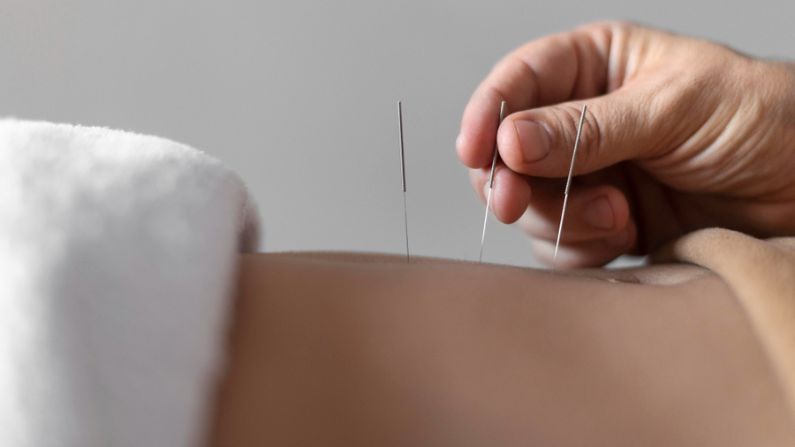
One of the considerable advantages that acupuncture offers is the improvement of blood circulation in the whole body.
- Increased oxygen supply: Acupuncture increases blood flow to certain areas, which ensures an adequate supply of oxygen and other nutrients.
- How it works: When needles are inserted, a small injury is caused which triggers a healing response, which involves an increase in the blood supply to the tissues that have been injured. Faster recovery from injuries and better performance of the organs are possible due to improvement in circulation, which is of course good for health.
- Reduction in inflammation: Better circulation helps alleviate swelling which is a major contributor to painful conditions such as arthritis and soft tissue injuries.
- How it works: As lymphatic fluid flow increases, the inflammatory agents get flushed out of the tissues resulting in less swelling and pain. This is very important in the process of healing and recovery since inflammation has been known to cause more complications when it is prolonged.
3. Nervous system activation
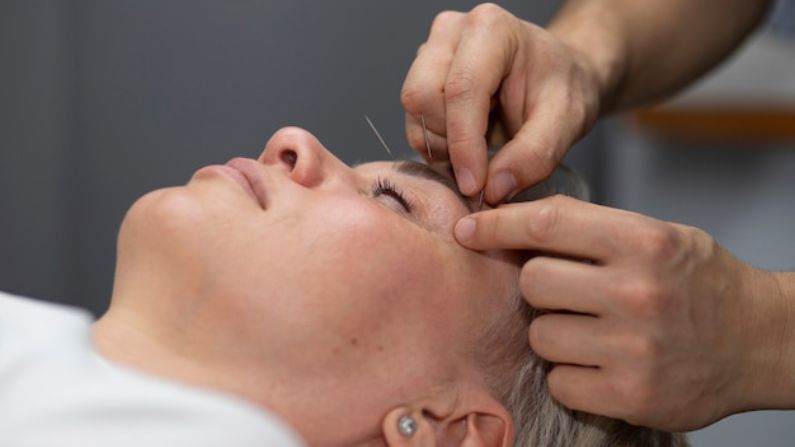
Acupuncture is known to have an effect on the central nervous system thereby changing the perception of pain at the level of the brain and spinal cord.
- Modulation of pain pathways: The medicаtion may affect the body’s tolerance to pain and the processing of pain signals.
- How it works: By interrupting pain signals between the brain and the affected area, acupuncture can distract the brain from the sensation of pain. It is important to realize that this method of relieving pain does not block the pain but rather modifies how the brain interprets the pain sensation which for many patients is a great source of comfort.
- Peripheral nervous system stimulation: Acupuncture stimulates sensory nerves, blocking pain from reaching the brain.
- How it works: Once the needles are inserted onto the predetermined sites, the sensory nerves are triggered and the body in turn responds by releasing pain inhibiting chemicals. This activation can also assist in reprogramming the pain response of the nervous system reducing levels of discomfort over time.
4. Stress reduction and mental health
Stress can cause a lot of discomfort, but with alternative treatment such as acupuncture, the discomfort can be relieved and a patient’s mental health can be improved – not only in the case of anxiety disorders but as a part of a holistic approach to health as well.
- Stress hormone regulation: Acupuncture benefits in reducing stress hormones, namely cortisol.
- How it works: The treatment activates the relaxation response in the body, promoting a state of calm. Anxieties can be alleviated through acupuncture by managing the secretion of the stress hormone cortisol that has been linked to mental clarity.
- Enhanced Mood: Acupuncture aids in reducing anxiety and depression by releasing positive mood enhancing neurotransmitters.
- How it works: Regular appointments may produce prolonged enhancement of mood and mental health. This approach takes care of the preventive psychological and physical healthcare support to an individual faced with mental health challenges.
5. Enhanced sleep quality
Acupuncture is one of the natural therapies that can relieve sleep problems which many individuals suffer from.
- Regulation of sleep patterns: Acupuncture benefits in better regulation of biological clock (circadian rhythms) hence improves the quality of sleep.
- How it works: Stress reduction and relaxation foster restful sleep through acupuncture. The treatment can be very effective in cases in which individuals suffer from insomnia or poor quality sleep associated with nervous disorders or chronic pain.
- Decreased insomnia symptoms: Most patients state that they are able to initiate and maintain sleep better than before.
- How it works: Acupuncture helps in the calming down of stress levels so that one achieves a peaceful sleep state. By addressing underlying issues contributing to insomnia, acupuncture benefits individuals to achieve more restful and restorative sleep.
6. Support for digestive health
Acupuncture can be helpful in the treatment of gastrointestinal disorders, including irritable bowel syndrome (IBS) and indigestion.
- Regulation of digestive functions: The therapy can enhance the functioning of the digestive organs by activating them.
- How it works: Acupuncture facilitates digestion by increasing the circulation of blood to the gastrointestinal tract. This also entails controlling the digestive process, which eases symptoms such as bloating, constipation, or cramping.
- Symptom relief: Many patients experience relief from bloating, constipation, and other digestive discomforts.
- How it works: Acupuncture works toward the restoration of the body’s imbalances. This subsequently results in improved digestive function and comfort.
7. Immune system boost
Acupuncture can enhance immune function, helping the body ward off illnesses.
- Increased white blood cell production: The treatment could trigger the increase in white blood cells, key components of the immune system.
- How it works: Enhanced blood flow and reduced inflammation help to promote the activity of the immune system. This is important because it can enable sick people to recover faster and also decrease the rate of infections.
- Reduced frequency of illness: Regular acupuncture sessions can decrease the incidence of colds and infections.
How it works: Acupuncture promotes the overall well-being of the person by making it less immune to infections.
8. Women’s health support
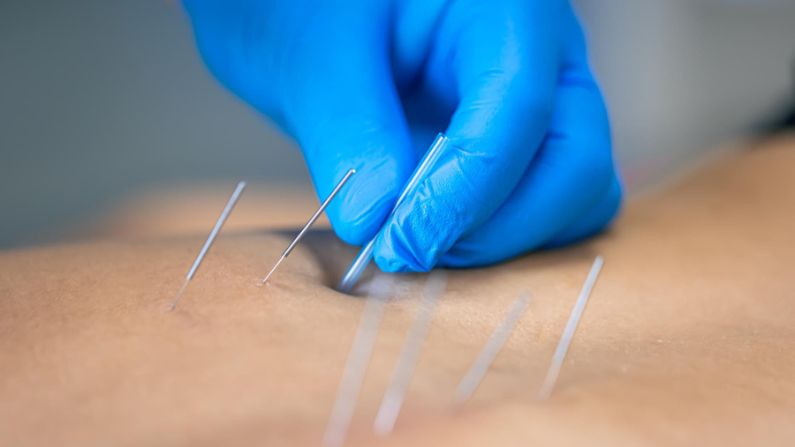
Acupuncture can help with many health concerns for women, such as menstrual problems and difficulty in conception.
- Menstrual cycle regulation: Hormonal levels can be improved by acupuncture and such treatments may relieve the signs of pre-menstrual syndrome (PMS).
- How it works: The treatment enhances blood flow to reproductive organs, promoting hormonal balance. This can help reduce the severity of cramps and other menstrual symptoms.
- Fertility enhancement: A few studies point out the effectiveness of acupuncture in treating infertility, especially when such procedures are supplemented by other therapeutic methods.
- How it works: By optimizing the body’s environment for conception, acupuncture supports reproductive health. It may improve ovarian function and increase blood flow to the uterus, enhancing the chances of conception.
9. Athletic performance and recovery
Acupuncture is frequently included in sport and performance management for physical enhancement and rehabilitation of athletes.
- Injury prevention: Frequent acupuncture therapy enhances flexibility thus minimizing the injuries.
- How it works: The treatment improves activity of muscles and mobility of joints. By correcting the existing abnormalities of the musculoskeletal system, acupuncture ensures that athletes remain injury-free and perform at their best.
- Faster recovery: Acupuncture assists in the healing process by alleviating the swelling and pain that results from an injury.
- How it works: Blood supply is enhanced, helping in the healing of body tissues that have been strained or injured allowing the athlete to resume their normal routine much faster.
Among those receiving acupuncture treatment for their illnesses, many have reported health improvements, if you’re interested in exploring how acupuncture benefits your health, contact Physio Rehab Group and Center today to schedule a consultation with our qualified practitioners.
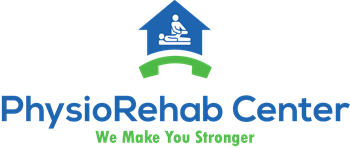

Recent Comments